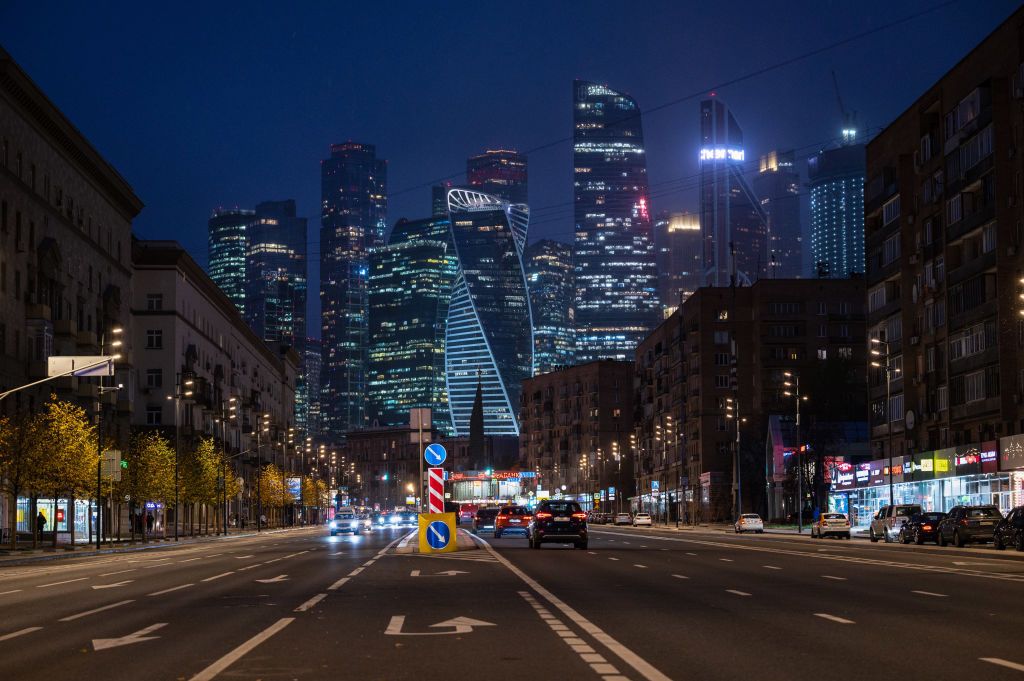Slovakia sends first non-lethal defense aid package to Ukraine since Fico took office

Ukraine will receive several Bozena demining vehicles and additional non-lethal equipment from Slovakia, Ukrainian Defense Minister Denys Shmyhal announced on Oct. 6.
The announcement marks Slovakia's first military aid package to Kyiv since Slovak Prime Minister Robert Fico, who maintains close ties with Moscow, returned to power in 2023.
The package includes engineering and construction equipment, transportation, demining systems, and medical evacuation vehicles.
Bozena, a remotely controlled mine-clearing system, enables sappers to operate safely from a distance and access areas that would otherwise be too hazardous for personnel.
Slovak Defense Minister Robert Kalinak announced the aid at the DFNC3 defense forum in Kyiv, saying that he and Shmyhal had signed a memorandum on Slovakia's 14th support package.
Shmyhal expressed gratitude to the country for its renewed support, adding that both sides also discussed cooperation between Ukrainian and Slovak defense companies.
"(Slovakia) is working on a new, 15th support package," he said.
Between the start of Russia's full-scale invasion on Feb. 24, 2022, and Fico's return to office in October 2023, Slovakia supplied Ukraine with 13 military aid packages worth roughly $800 million.
Fico's government canceled the planned 14th package valued at $45 million, which included 140 missiles for Kub air-defense systems, over 5,000 artillery shells, and 4 million small arms rounds.
While halting military aid from Slovak army stocks, Fico did not bar continued sales of materiel from Slovak defense companies.
Ending military assistance to Ukraine was one of Fico's key campaign promises. He has also questioned EU sanctions on Russia and pledged to block Ukraine's NATO membership.
Slovakia, along with Hungary under Prime Minister Viktor Orban, has faced growing criticism from EU partners for maintaining close ties with Moscow.
President Volodymyr Zelensky met with Fico in Uzhhorod on Sept. 5, calling the conversation "meaningful" and emphasizing that dialogue between the two countries would continue.











